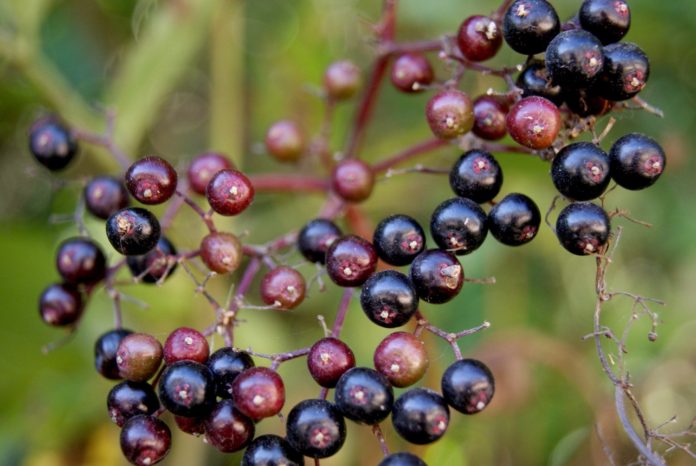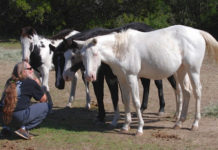When you know where to look, each season provides a generous spread of tasty treats ripe for the picking. Foraging can be an adventure for the whole family, writes Tiffany Francis, whose new book is designed to make foraging accessible to all
When I was writing this book, I was asked countless times by friends and family to explain exactly what foraging was. Most knew it involved gathering fruit from the hedgerows and seeking out the first wild garlic leaves of spring, but I was also asked if I’d be scrumping pears from private orchards (no comment) or scooping roadkill up for a hotpot (no ethical objection here except my vegetarianism). In truth, foraging is one of the most fascinating and enjoyable hobbies there is, and one which I believe anybody can get stuck into, from the tiddliest child to that bizarre friend who can’t tolerate dirt.
Discover a world of inspiration.
For me, it simply means learning about the wild plants in your local environment, gathering the edible ones, and eating them in the most satisfying way possible. To collect edible treasures from our native trees and simmer them down into dark, sticky jams; to bite down on the earthy crunch of hazelnuts fresh from the husk; to taste the salt crystals hidden in a frond of seaweed; or to gather silver mushrooms under a sky scattered with stars.

The art of foraging is almost as ancient as humanity itself. One of the first adaptations made by our species was the transition to hunter-gatherer status; we taught ourselves to hunt wild animals and gather plants to feed our families, a habit so essential to our survival that it lasted for 90 per cent of human history, before farming was introduced at the end of the stone age. In a world before online shopping and takeaway pizza, foraging was a vital part of daily life for our ancestors, and one on which they depended to stay alive. Now we have such secure, affordable and varied food production, why should we bother to forage for our food? Why seek out blackberries, hazelnuts or thyme when we can find them all in the vegetable aisle?

By examining how far we have strayed from our primordial roots, it becomes more and more obvious why we must reconnect with nature and our wild origins. In Stephen Moss’ 2012 Natural Childhood report for the National Trust, it was revealed that on average, British children watch more than 17 hours of television a week and spend more than 20 hours a week online. While there are positive benefits of screen time, the belief…










